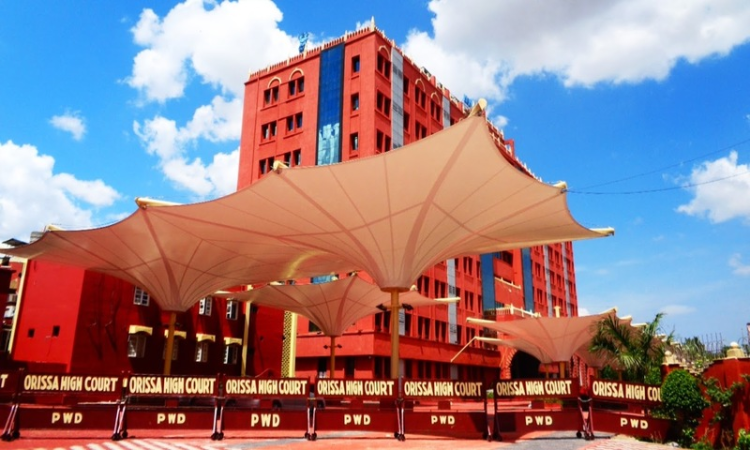Orissa High Court Notifies Its Vulnerable Witnesses Deposition Centres Scheme, 2022
Jyoti Prakash Dutta
10 March 2022 9:52 AM IST

Next Story
10 March 2022 9:52 AM IST
With the objective of ensuring safe and conducive environment for recording the evidence of vulnerable witnesses and in the light of the directions issued by the Supreme Court of India in Smruti Tukaram Badade v. State of Maharashtra and Anr., the High Court of Orissa has formulated "The High Court of Orissa Vulnerable Witnesses Deposition Centres (VWDC) Scheme, 2022" ("the Scheme").In a...
